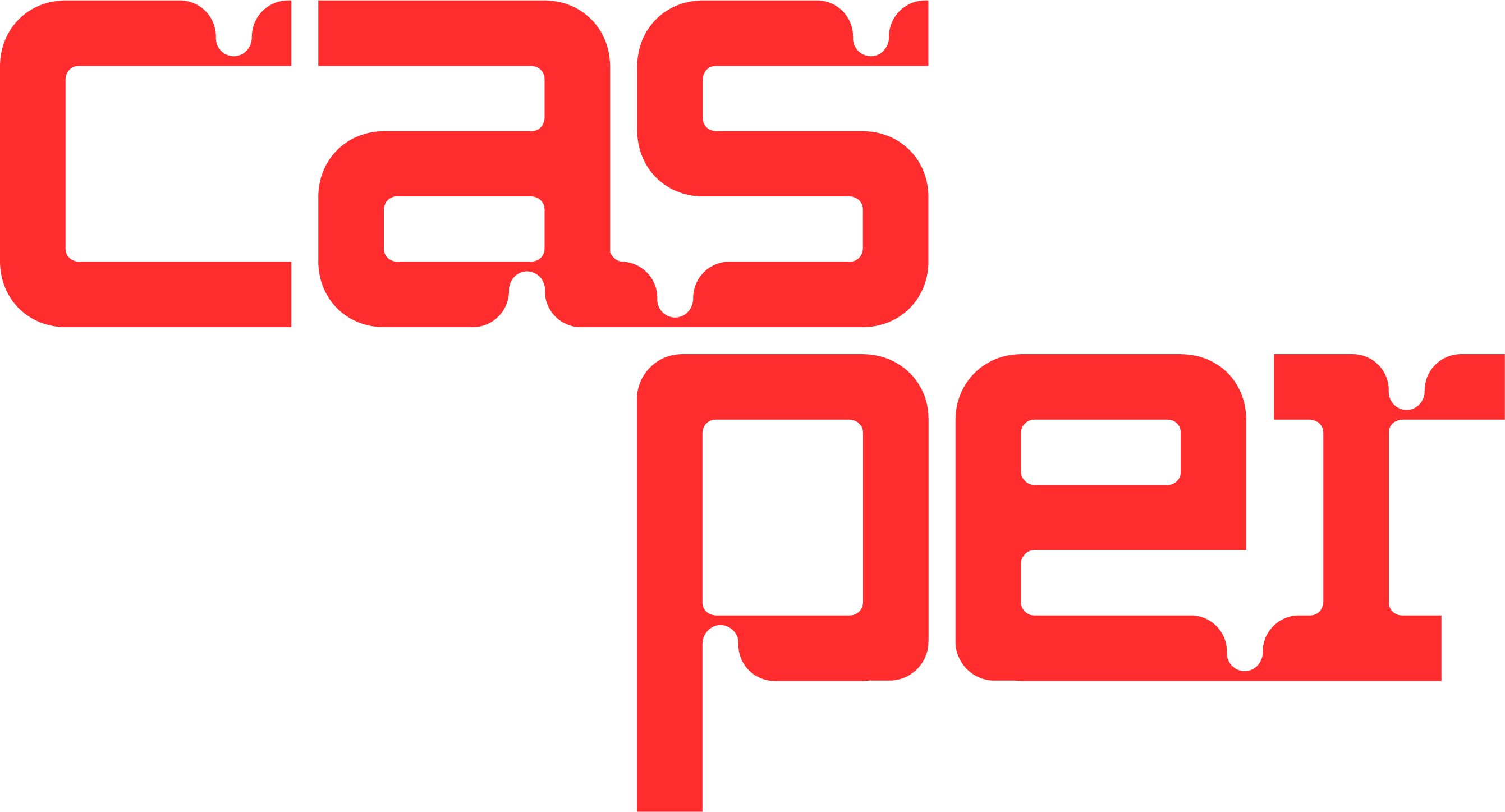Program
Financial Cryptography and Data Security 2024

Twenty-Eighth International Conference
4–8 March 2024
Curacao Marriott Beach Resort
Willemstad, Curaçao
|
All events take place in the Royal Ballroom unless otherwise
indicated. | |
| Sunday, March 3, 2024 | |
| 16:30–18:30 | Registration Reception Location: Great Room |
| Monday, March 4, 2024 | |
| 08:30–09:00 | Registration Location: Royal Ballroom Pre-Function B |
| 09:00–09:15 | Opening Remarks |
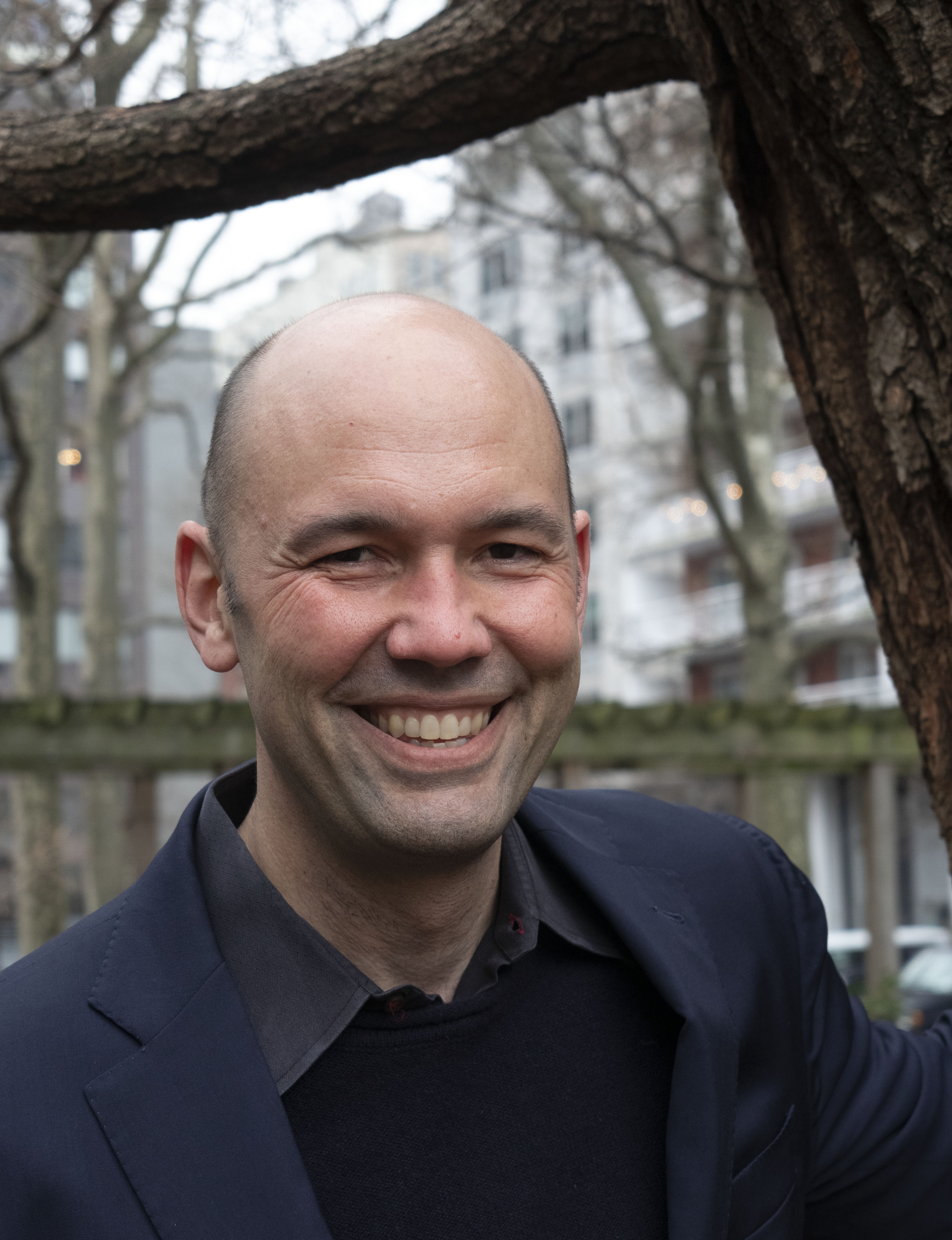 Tim Roughgarden Professor of Computer Science, Columbia University Founding Head of Research, a16z crypto The Economic Limits of Permissionless Consensus. The Ethereum protocol is oft-claimed to be "more economically secure" after "the merge", meaning in its current proof-of-stake incarnation relative to the (proof-of-work) original. What, formally, does this assertion mean? Is it true? Could there be alternative protocols that are "still more economically secure" than Ethereum? How do the answers depend on the assumptions imposed on, for example, the reliability of message delivery or the active participation of non-malicious players? We formalize these questions with our notion of the EAAC (expensive to attack in the absence of collapse) property, and prove that synchrony and quasi-permissionlessness are necessary and sufficient to achieve this property. The original Ethereum protocol was designed for the dynamically available (rather than quasi-permissionless) setting and thus cannot satisfy EAAC, while its current incarnation very loosely resembles our EAAC protocol; in this sense, our work partially formalizes the common claim that the merge has increased Ethereum's economic security. Joint work with Eric Budish (University of Chicago) and Andrew Lewis-Pye (London School of Economics). Prior to joining Columbia, Tim Roughgarden spent 15 years on the computer science faculty at Stanford, following a PhD at Cornell and a postdoc at UC Berkeley. His research interests include the many connections between computer science and economics, as well as the design, analysis, applications, and limitations of algorithms. For his research, he has been awarded the ACM Grace Murray Hopper Award, the Presidential Early Career Award for Scientists and Engineers (PECASE), the Kalai Prize in Computer Science and Game Theory, the Social Choice and Welfare Prize, the Mathematical Programming Society's Tucker Prize, and the EATCS-SIGACT Gödel Prize. |
|
| 10:15–10:45 | Break Location: Royal Ballroom Pre-Function A |
| 10:45–12:00 |
Session Chair: Sasha Spiegelman Goldfish: No More Attacks on Ethereum. Francesco D'Amato (Ethereum Foundation), Joachim Neu (Stanford University), Ertem Nusret Tas (Stanford University), David Tse (Stanford University) Deep Selfish Proposing in Longest-Chain Proof-of-Stake Protocols. Roozbeh Sarenche (COSIC, KU Leuven), Svetla Nikova (COSIC, KU Leuven), Bart Preneel (COSIC, KU Leuven) Short Paper: Accountable Safety Implies Finality. Joachim Neu (Stanford University), Ertem Nusret Tas (Stanford University), David Tse (Stanford University) BBCA-CHAIN: One-Message, Low Latency BFT Consensus on a DAG. Dahlia Malkhi (Chainlink Labs), Chrysa Stathakopoulou (Chainlink Labs), Maofan Yin (Chainlink Labs) |
| 12:15–12:50 |
Session Chair: Ben Livshits Light Clients for Lazy Blockchains. Ertem Nusret Tas (Stanford University), Dionysis Zindros (Stanford University), Lei Yang (MIT CSAIL), David Tse (Stanford University) Short paper: Naysayer proofs. István András Seres (Eötvös Loránd University), Noemi Glaeser (University of Maryland & Max Planck Institute for Security and Privacy), Joseph Bonneau (a16z crypto research & New York University) |
| 13:00–14:15 | Lunch Location: CSpice |
| 14:15–15:15 |
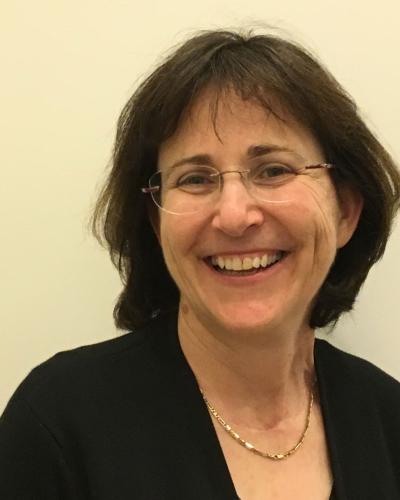 Dahlia Malkhi Professor of Computer Science, UC Santa Barbara Research Advances in Scaling BFT Consensus. Dahlia Malkhi's research over two decades spans broad aspects of reliability and security of distributed systems, recently with focus on blockchains and advances in financial technology. Her work resulted in over 200 publications as well as a strong impact on computing technology. Malkhi serves as Chief Research Officer and Distinguished Scientist of Chainlink Labs since 2022. From 2019 to 2022, she was the CTO at the Diem Association, and Lead Researcher at Novi Financial. In 2014, she co-founded VMware Research and became a Principal Researcher at VMware until 2019. Prior to that, Malkhi was a partner principal researcher at Microsoft Research, 2004-2014; an Associate Professor of the Hebrew University of Jerusalem, and a senior researcher at AT&T Labs. |
| 15:15–15:45 | Break Location: Royal Ballroom Pre-Function A |
| 15:45–17:05 |
Session Chair: Jiasun Li Automated Market Making and Arbitrage Profits in the Presence of Fees. Jason Milionis (Columbia University), Ciamac C. Moallemi (Columbia University), Tim Roughgarden (Columbia University & a16z Crypto) The Costs of Swapping on the Uniswap Protocol. Austin Adams (Uniswap Labs), Benjamin Chan (Cornell University), Sarit Markovich (Northwestern University), Xin Wan (Uniswap Labs) The Power of Default: Measuring the Effect of Slippage Tolerance in Decentralized Exchanges. Nir Chemaya (University of California, Santa Barbara), Dingyue Liu (University of California, Santa Barbara), Robert McLaughlin (University of California, Santa Barbara), Nicola Ruaro (University of California, Santa Barbara), Christopher Kruegel (University of California, Santa Barbara), Giovanni Vigna (University of California, Santa Barbara) ZeroSwap: Data-driven Optimal Market Making in Decentralized Finance. Viraj Nadkarni (Princeton University), Jiachen Hu (Peking University), Ranvir Rana (Witness Chain), Chi Jin (Princeton University), Sanjeev Kulkarni (Princeton University), Pramod Viswanath (Princeton University) |
| 18:30–20:30 | Welcome Reception (sponsored by Sui Foundation) Location: Royal Plaza |
| Tuesday, March 5, 2024 | |
|
Session Chair: Valeria Nikolaenko GoAT: File Geolocation via Anchor Timestamping. Deepak Maram (Cornell Tech & Mysten Labs), Mahimna Kelkar (Cornell Tech), Ari Juels (Cornell Tech), Iddo Bentov (Cornell Tech) Improved YOSO Randomness Generation with Worst-Case Corruptions. Chen-Da Liu-Zhang (HSLU and Web3 Foundation), Elisaweta Masserova (CMU), João Ribeiro (Universidade Nova de Lisboa), Pratik Soni (University of Utah), Sri AravindaKrishnan Thyagarajan (NTT Research & University of Sydney) Short Paper: Breaking X-VRF, a Post-Quantum Verifiable Random Function. Omid Bodaghi (University of Calgary), Rei Safavi-Naini (University of Calgary) Truncator: Time-space Tradeoff of Cryptographic Primitives. Panagiotis Chatzigiannis (Visa Research), Foteini Baldimtsi (George Mason University), Kostas Kryptos Chalkias (Mysten Labs), Mahimna Kelkar (Cornell Tech) |
|
| 10:15–10:45 | Break Location: Royal Ballroom Pre-Function A |
| 10:45–12:05 |
Session Chair: Joseph Bonneau Foundations of Anonymous Signatures: Formal Definitions, Simplified Requirements, and a Construction Based on General Assumptions. Jan Bobolz (University of Edinburgh), Jesus Diaz (IOG), Markulf Kohlweiss (University of Edinburgh and IOG) Proactive Refresh for Accountable Threshold Signatures. Dan Boneh (Stanford University), Aditi Partap (Stanford University), Lior Rotem (Stanford University) SoK: Signatures With Randomizable Keys. Sofía Celi (Brave Software), Scott Griffy (Brown University), Lucjan Hanzlik (CISPA Helmholtz Center for Information Security), Octavio Perez Kempner (NTT Social Informatics Laboratories), Daniel Slamanig (AIT Austrian Institute of Technology) Subset-optimized BLS Multi-signature with Key Aggregation. Foteini Baldimtsi (George Mason University and Mysten Labs), Konstantinos Kryptos Chalkias (Mysten Labs), Francois Garillot (Lurk Labs), Jonas Lindstrom (Mysten Labs), Ben Riva (Mysten Labs), Arnab Roy (Mysten Labs), Mahdi Sedaghat (KU Leuven), Alberto Sonnino (Mysten Labs and UCL), Pun Waiwitlikhit (Stanford University), Joy Wang (Mysten Labs) |
| 12:20–13:00 |
Session Chair: Joseph Bonneau SAVER: SNARK-compatible Verifiable Encryption. Jiwon Lee (Samsung Research), Jaekyoung Choi (Zkrypto Inc.), Jihye Kim (Kookmin University), Hyunok Oh (Hanyang University) Owl: An Augmented Password-Authenticated Key Exchange Scheme. Feng Hao (University of Warwick), Samiran Bag (Alan Turing Institute), Liqun Chen (University of Surrey), Paul C. van Oorschot (Carleton University) |
| 13:00–14:15 | Lunch Location: CSpice |
| 14:30–18:30 | Excursion (sponsored by Casper Association) (departure from lobby) Hofi Mango & Cas Abou Beach. |
| 20:30–21:30 | General Meeting Location: Royal Ballroom |
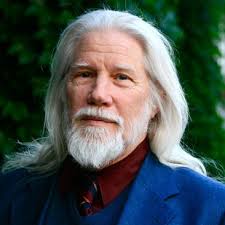 Whitfield Diffie Personal Memories of Cash and Crypto Money was among my earliest motivations in working on cryptography. My greatest legacy in that respect came from a long walk uptown from the 1976 or 1978 National Computer Conference in New York with David Chaum that may have been the origin of his passion for the subject. Whitfield Diffie is one of the inventors of public-key cryptography and the originator of the concept of digital signature that underlies internet commerce. For this work he received the ACM Turing Award, jointly with Martin Hellman and has been inducted into the NSA Cryptologic Hall of Honor. |
|
| 22:10–00:00 | Rump Session Location: Royal Ballroom Session Chair: Patrick McCorry To submit a presentation, complete this Google form before 20:00 on Tuesday and/or speak with Patrick in person. |
| Wednesday, March 6, 2024 | |
| 09:00–10:15 |
Session Chair: Jeremy Clark Anonymous Reputation Systems with Revocation, Revisited. Ryuya Hayashi (The University of Tokyo/ AIST), Shuichi Katsumata (PQShield Ltd), Yusuke Sakai (AIST) Towards Practical Doubly-Efficient Private Information Retrieval. Hiroki Okada (KDDI Research), Rachel Player (Royal Holloway, University of London), Simon Pohmann (Royal Holloway, University of London), Christian Weinert (Royal Holloway, University of London) Short Paper: Onion Messages on Leash. Amin Bashiri (University of Alberta), Majid Khabbazian (University of Alberta) A Transaction-Level Model for Blockchain Privacy. François-Xavier Wicht (Institute of Computer Science, University of Bern), Zhipeng Wang (Imperial College, London), Duc V. Le (Visa Research), Christian Cachin (Institute of Computer Science, University of Bern) |
| 10:15–10:45 | Break Location: Royal Ballroom Pre-Function A |
| 10:45–13:00 |
Session Chair: Lucianna Kiffer Would Friedman burn your tokens?. Aggelos Kiayias (University of Edinburgh), Philip Lazos (Input Output), Jan Christoph Schlegel (City University of London) LedgerHedger: Gas Reservation for Smart Contract Security. Itay Tsabary (Technion, IC3), Alex Manuskin, Roi Bar-Zur (Technion, IC3), Ittay Eyal (Technion, IC3) Optimal Dynamic Fees for Blockchain Resources. Davide Crapis (Ethereum Foundation), Ciamac C. Moallemi (Columbia University), Shouqiao Wang (Columbia University) Short Paper: Dissecting the EIP-2930 Optional Access Lists. Lioba Heimbach (ETH Zurich), Quentin Kniep (ETH Zurich), Yann Vonlanthen (ETH Zurich), Roger Wattenhofer (ETH Zurich), Patrick Züst (ETH Zurich) Blockchain Price vs. Quantity Controls. Abdoulaye Ndiaye (New York University) Optimal Publishing Strategies on a Base Layer. Yogev Bar-On (Tel Aviv University), Yishay Mansour (Tel Aviv University and Google Research) |
| 13:00–14:15 | Lunch Location: CSpice |
| 14:15–14:50 |
Session Chair: Patrick McCorry Does Proposer-Builder Separation Preserve Decentralization?. Maryam Bahrani (a16z Crypto), Pranav Garimidi (a16z Crypto), Tim Roughgarden (Columbia University & a16z Crypto) Short Paper: Shared Sequencing and Latency Competition as a Noisy Contest. Akaki Mamageishvili (Offchain Labs), Jan Christoph Schlegel (City, University of London, Flashbots) |
| 14:50–15:30 |
Session Chair: Weidong Shi Remote Scheduler Contention Attacks. Stefan Gast (Graz University of Technology), Jonas Juffinger (Graz University of Technology), Lukas Maar (Graz University of Technology), Christoph Royer (Graz University of Technology), Andreas Kogler (Graz University of Technology), Daniel Gruss (Graz University of Technology) Subverting Cryptographic Hardware used in Blockchain Consensus. Pratyush Ranjan Tiwari (Johns Hopkins University), Matthew Green (Johns Hopkins University) |
| 18:30–21:30 | Beach BBQ (sponsored by a16z crypto) Location: Paradise Beach |
| Thursday, March 7, 2024 | |
| 09:00–10:20 |
Session Chair: Alberto Sonnino Efficient Agreement Over Byzantine Gossip. Ran Cohen (Reichman University), Julian Loss (CISPA Helmholtz Center for Information Security), Tal Moran (Reichman University) Shoal: Improving DAG-BFT Latency And Robustness. Alexander Spiegelman (Aptos), Balaji Arun (Aptos), Rati Gelashvili (Aptos), Zekun Li (Aptos) On-Chain Timestamps Are Accurate. Apostolos Tzinas (National Technical University of Athens and Common Prefix), Srivatsan Sridhar (Stanford University), Dionysis Zindros (Stanford University and Common Prefix) SoK: A Stratified Approach to Blockchain Decentralization. Christina Ovezik (University of Edinburgh), Dimitris Karakostas (University of Edinburgh), Aggelos Kiayias (University of Edinburgh & IOG) |
| 10:20–10:50 | Break Location: Royal Ballroom Pre-Function A |
| 10:50–12:10 |
Session Chair: Jiasun Li The Governance of Distributed Autonomous Organizations: A Study of Contributors' Influence, Networks, and Shifts in Voting Power. Stefan Kitzler, Stefano Balietti (University of Mannheim), Pietro Saggese (AIT Austrian Institute of Technology), Bernhard Haslhofer (Complexity Science Hub Vienna), Markus Strohmaier (University of Mannheim) Privacy-preserving Anti-Money Laundering using Secure Multi-Party Computation. Marie Beth van Egmond (TNO), Vincent Dunning (TNO), Alex Sangers (TNO), Stefan van den Berg (TNO), Thomas Rooijakkers (TNO), Ton Poppe (ABN Amro), Jan Veldsink (Rabobank) Scan, Shuffle, Rescan: Two-Prover Election Audits With Untrusted Scanners. Douglas W. Jones (University of Iowa), Sunoo Park (NYU), Ronald L. Rivest (MIT), Adam Sealfon (Google) DeFi composability as MEV non-interference. Massimo Bartoletti (University of Cagliari), Riccardo Marchesin (University of Trento), Roberto Zunino (University of Trento) |
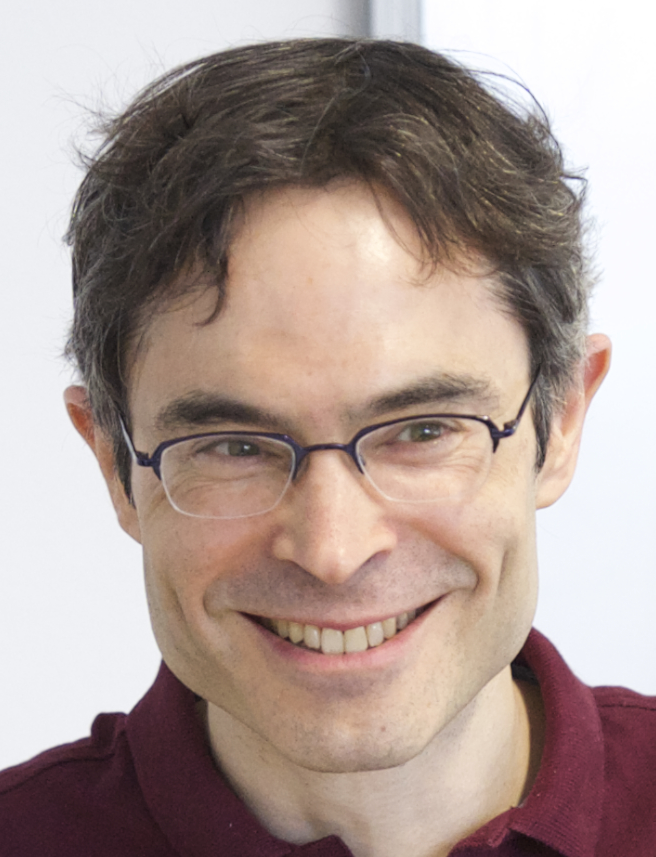 Ari Juels Weill Family Foundation and Joan and Sanford I. Weill Professor, Jacobs Technion-Cornell Institute Computer Science faculty member, Cornell University Co-Director, Initiative for CryptoCurrencies and Contracts (IC3) Chief Scientist, Chainlink Labs The Oracle: A Thriller Novel. What happens if AI tools are plugged into blockchain oracles? "Rogue" smart contracts become possible—contracts that pay cryptocurrency bounties for AI-adjudicated crimes. This was the subject of a 2016 research paper I co-authored. It's now the premise of my new near-future sci-fi thriller novel, The Oracle (Talos Press), whose hero fights for his life when he's targeted by a rogue contract. I'll discuss the technical background of the novel, the cautionary tale it offers, and connections with the ancient Greek Oracle of Delphi—and leave you wondering if you're actually attending an academic conference. My short talk will be followed by a Q&A session. Complimentary copies of The Oracle will be made available to conference attendees. Ari Juels's recent areas of interest include blockchains, cryptocurrency, and smart contracts, as well as applied cryptography, user authentication, and privacy. He was the Chief Scientist of RSA, Director of RSA Laboratories, and a Distinguished Engineer at EMC (now Dell EMC), where he worked until 2013. He received his Ph.D. in computer science from U.C. Berkeley. |
|
| 12:50–13:00 | Closing Remarks |
| 13:00–14:15 | Lunch Location: CSpice |
| 14:30–18:00 | Free Afternoon with Activities
(sign-up sheets will be available, departure from lobby) A: City walk with AnnaBay rum tasting B: Jeep safari C: Hato Caves & Kokomo D: Snorkeling boat tour |
| 18:30–22:30 | Punda Vibes Location: Downtown On your own, but group transportation will be arranged. |
| Friday, March 8, 2024 | |
| 08:00–08:30 | Workshops Registration Location: Royal Ballroom Pre-Function B Note: the timing of the lunch and breaks is coordinated among all of the workshops, but some workshops might have further split their sessions. See their individual programs for details. Workshop registrants can attend any of the workshops and can switch between them as desired. |
| 08:30–10:30 |
CoDecFin'24: 5th Workshop on Coordination of Decentralized Finance DeFi'24: 4th Workshop on Decentralized Finance VOTING'24: 9th Workshop on Advances in Secure Electronic Voting WTSC'24: 8th Workshop on Trusted Smart Contracts |
| 10:30–11:00 | Break Location: Queens Ballroom Pre-Function |
| 11:00–13:00 |
CoDecFin'24: 5th Workshop on Coordination of Decentralized Finance DeFi'24: 4th Workshop on Decentralized Finance VOTING'24: 9th Workshop on Advances in Secure Electronic Voting WTSC'24: 8th Workshop on Trusted Smart Contracts |
| 13:00–14:15 | Lunch Location: CSpice |
| 14:15–16:15 |
CoDecFin'24: 5th Workshop on Coordination of Decentralized Finance DeFi'24: 4th Workshop on Decentralized Finance VOTING'24: 9th Workshop on Advances in Secure Electronic Voting |
| 16:30–20:45 | Farewell Sunset Cruise Location: Jan Thiel Zanzibar (departure from lobby) |
This conference is organized annually by the International Financial Cryptography Association.

